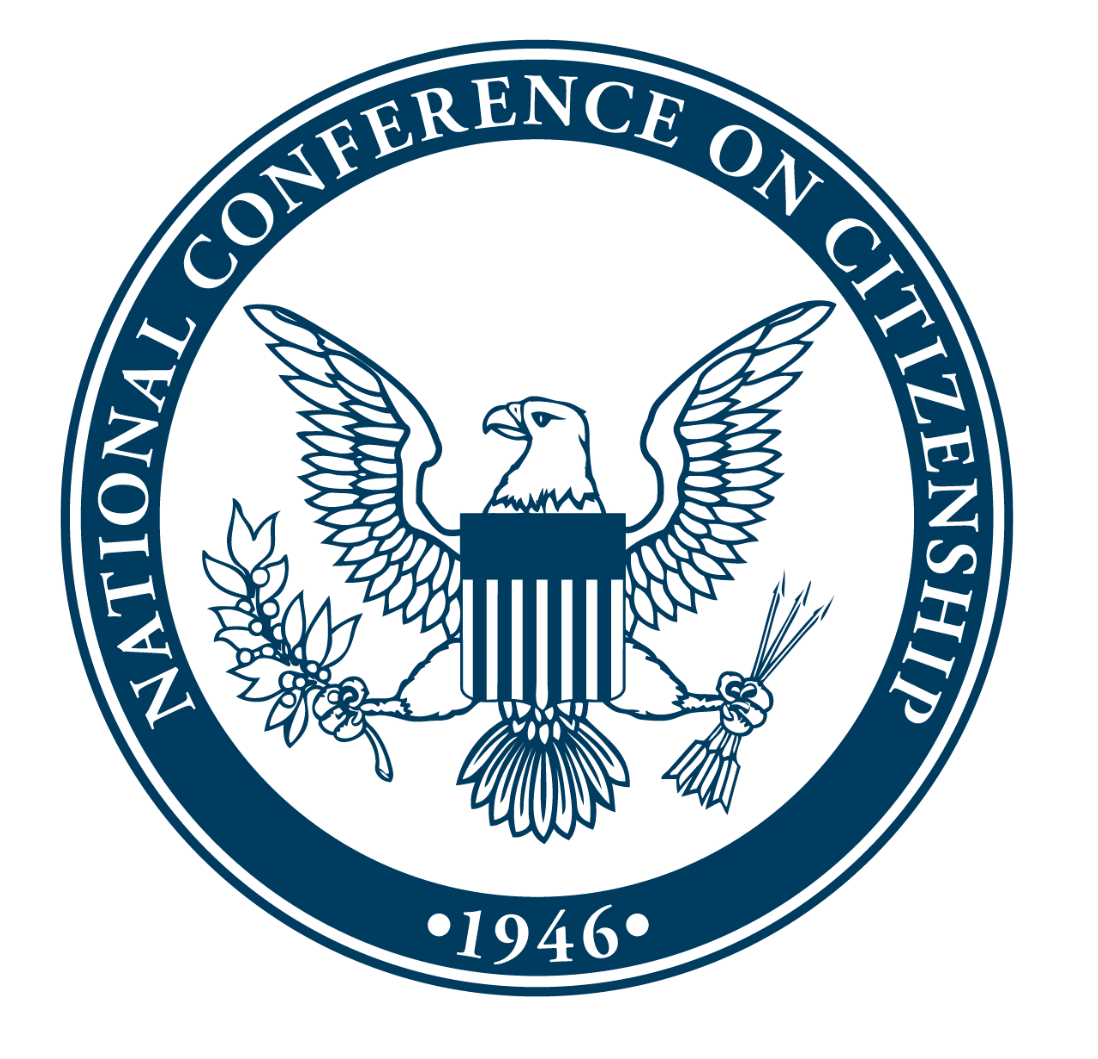Details forthcoming.

Denice W. Ross
Senior Fellow
Denice Ross is a Senior Fellow at the National Conference on Citizenship focused on building a more resilient national data infrastructure. Most recently, Denice served as the Deputy U.S. Chief Technology Officer and as the U.S. Chief Data Scientist, where she led the charge to use disaggregated data to drive better outcomes for all Americans.
Denice’s 25-year career in using data to serve the public interest has spanned federal and local government, academia, and the nonprofit sector plus domains ranging from climate to policing. She served as a Presidential Innovation Fellow for the U.S. Department of Energy, and as Director of Enterprise Information for the City of New Orleans. Prior to government, Denice co-directed the non-profit data intermediary Data Center where she collaborated with Brookings to track New Orleans’ recovery from Hurricane Katrina. She brought a data-driven approach to numerous post-Katrina community planning initiatives and co-founded the first new childcare center after the storm.
Denice holds an MS in Energy and Climate Policy from Johns Hopkins University and an undergraduate degree in Biology from the University of Arizona, where she was a Goldwater Scholar. In her time off, Denice and her family are active in Scouting America.

Denice W. Ross
Senior Fellow
Denice Ross is a Senior Fellow at the National Conference on Citizenship focused on building a more resilient national data infrastructure. Most recently, Denice served as the Deputy U.S. Chief Technology Officer and as the U.S. Chief Data Scientist, where she led the charge to use disaggregated data to drive better outcomes for all Americans.
Denice’s 25-year career in using data to serve the public interest has spanned federal and local government, academia, and the nonprofit sector plus domains ranging from climate to policing. She served as a Presidential Innovation Fellow for the U.S. Department of Energy, and as Director of Enterprise Information for the City of New Orleans. Prior to government, Denice co-directed the non-profit data intermediary Data Center where she collaborated with Brookings to track New Orleans’ recovery from Hurricane Katrina. She brought a data-driven approach to numerous post-Katrina community planning initiatives and co-founded the first new childcare center after the storm.
Denice holds an MS in Energy and Climate Policy from Johns Hopkins University and an undergraduate degree in Biology from the University of Arizona, where she was a Goldwater Scholar. In her time off, Denice and her family are active in Scouting America.
